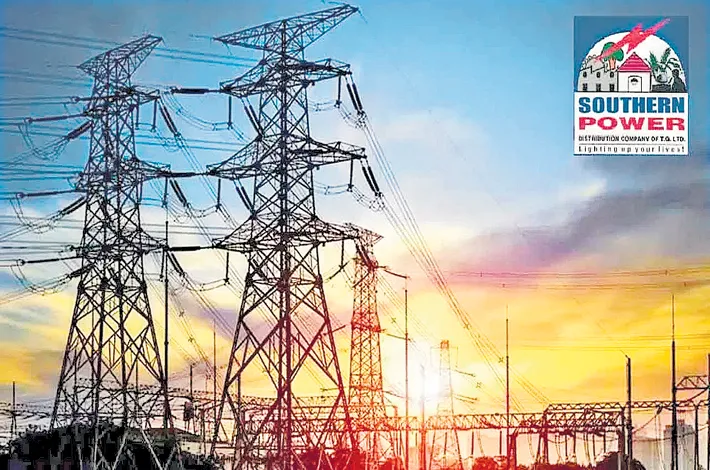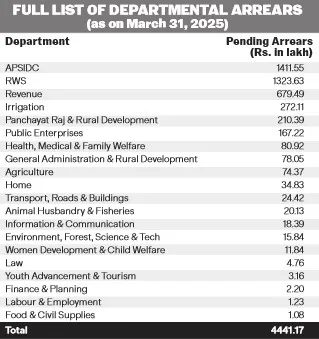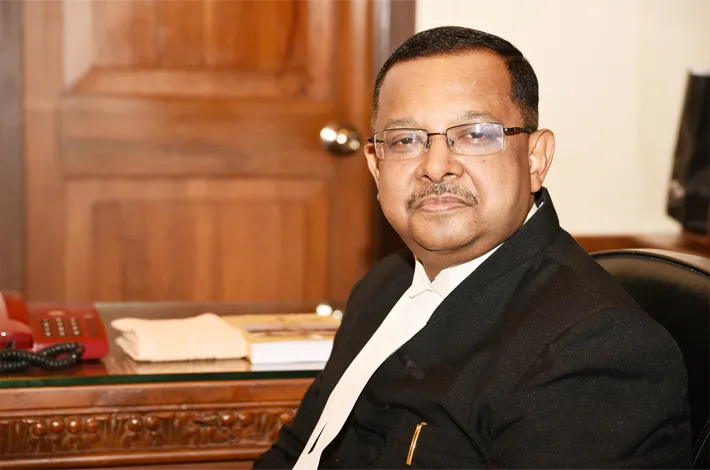Govt departments owe Rs.4441.17 lakhs in pending power bills
31-08-2025 12:00:00 AM

Officials of the Andhra Pradesh Southern Power Distribution Company Limited (APSPDCL) in united Krishna district are grappling with mounting arrears from State and Central government departments, which collectively owe electricity dues amounting to Rs.4441.17 lakhs as of March 31, 2025.
According to official data, 27 government departments have been identified as major defaulters, with outstanding dues running into crores. Until February 2025, the pending arrears stood at nearly Rs.65 crore. Following reminders and letters sent by the Energy Department to Principal Secretaries, department heads, and the Krishna district administration, the dues reduced by about Rs.20 crore but remain a substantial burden.
The Andhra Pradesh State Irrigation Development Corporation (APSIDC) tops the defaulters’ list with dues of Rs.14.11 crore, primarily for consumption of high-tension power. The Rural Water Supply (RWS) Department follows closely, with arrears of Rs.13.23 crore for both high- and low-tension usage.
Other major departments with significant arrears include, Revenue Department with Rs.6.79 crore, Panchayat Raj and Rural Development with Rs.2.10 crore, Irrigation Department with Rs.2.72 crore, and Public Enterprises with Rs.1.67 crore arrears.
Speaking to Metro India, A. Venkateswarlu, Accounts Officer, APSPDCL Krishna district, confirmed that they have written to department heads urging immediate settlement of dues. “We have requested secretaries and HODs to make budgetary provisions to clear all pending arrears. The main reasons are lack of sufficient funds at district-level offices and excess power consumption beyond sanctioned limits,” he said.
Despite repeated reminders, APSPDCL officials warn that such large arrears affect the financial health of the power utility, which is already burdened with subsidy commitments and mounting operational costs. Unless budgetary allocations are prioritized, the problem is likely to deepen further in the coming months.









